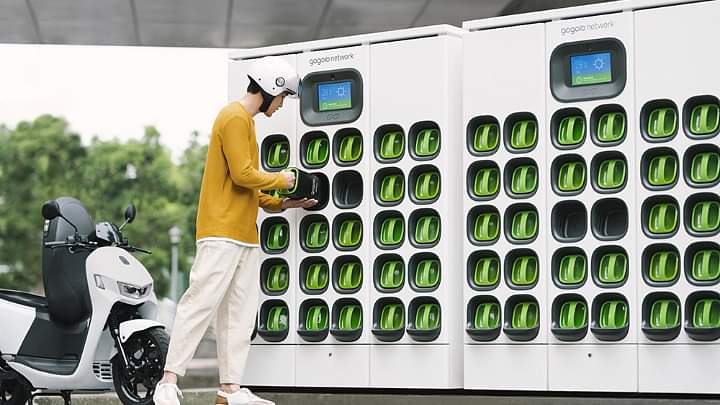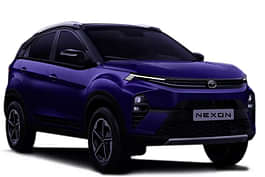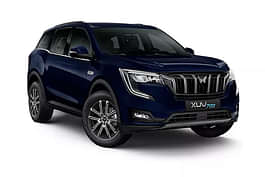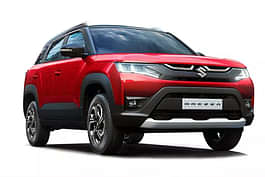
The electric mobility initiative is significantly gaining pace. Automotive manufacturers have jumped into this race to manufacture electric two wheelers, four wheelers and commercial vehicles so as to keep up with the trends. This initiative is also being favoured by the significant development of electric charging infrastructure of the country. Some of the major concerns with electric vehicles are range anxiety and battery charging time. Niti Aayog had recently announced the battery swapping policy and many people in the automotive industry approve of this technology.
Battery swapping technology can affirmatively aid to eliminate these drawbacks of electric vehicles as the time of charging would be reduced to simply swapping the battery packs. Moreover, if a person is travelling long distances, they can carry an extra battery pack and swap it on their way thus reducing the chances of being left stranded in the middle of their journey.
Niti Aayog while approving of this technology have suggested multiple guidelines so as to make this technology safer and easier to use. They commented that the electric vehicle battery packs should carry a unique identification number (UIN) and the level of personalisation for various components should be reduced by every battery manufacturer. This standardisation would aid to make the battery swapping procedure a tad less complex and aid cumulative innovation.
Also Read: Niti Aayog Introduces New Draft Policy For EV Battery Swapping - Details
The draft policy announced in this concern contains information on interoperability of battery packs, their traceability in real world, diagnostic data unification, business models, supply chain, grievance redressal, battery reuse guidelines and battery recycling procedures which will have to be followed by battery swapping stations. The unification of data would aid for a continuous research and development of advanced cell chemistry as the amount of sample data to analyse the trends would be more, thus driving research outputs to high precision.
It is also suspected that the GST on batteries could be reduced from the ongoing 18 per cent slab to 5 per cent slab to make the batteries more affordable for the public. As affordability of battery packs would improve, this would help to drive the sales at a better pace. This business model can help to eliminate the shortcomings of the battery as a service model which is currently under development.
In the past few days, we have come across multiple incidents where electric scooters and vehicles have caught fire. There can be multiple reasons including the harsh climatic conditions in the country, but a standardisation of all the parameters of a battery pack after significant research and development can help curb these issues and make electric vehicles much more safe.
Also Read: Pure EV Recalls 2,000 Electric Scooters, After Increasing Fire Incidents

As the policy also proposes universal communication protocols for interoperability the testing standards would hence be same for all vehicles. This would also not hinder the growth of this sector and also help to keep the quality in check. At times evolving policies can miss out on much necessary modifications but a stitch in time saves nine.
As per all the authorities, this policy should be established only after the standards are finalised post concrete test results. These test results should not only include lab based research but also testing in real life scenarios so as to access the practical environment and witness the behaviour of the battery pack in on-road conditions.
Battery swapping does have its own set of challenges involved but has a scope to eliminate many banes as far as the technological advancements are concerned. Battery swapping does reduce the ex-showroom price of an electric vehicle as the battery pack can be purchased at a much later stage. Moreover, the electric vehicle can stay up to date with the evolving battery cell technologies and can also be serviced in an effective way thus increasing the longevity of the vehicle. Gogoro and Bounce are some of the companies which are actively working to develop this thriving technology.
Also Read: Battery Technology For EVs. What's Better: Charging Vs Swapping?
So, what do you think about the battery swapping policy? Share your views in the comment section. Let's get into a discussion with this in our 91Wheels Telegram and 91Wheels Whatsapp group, where you can know more about vehicles, conduct discussions on your favourite ride, and much more! You can also subscribe to our Youtube channel for our exclusive video content on the latest from the world of cars and motorcycles. Also, connect with us on Facebook, Instagram, and Twitter for more about vehicles!





















